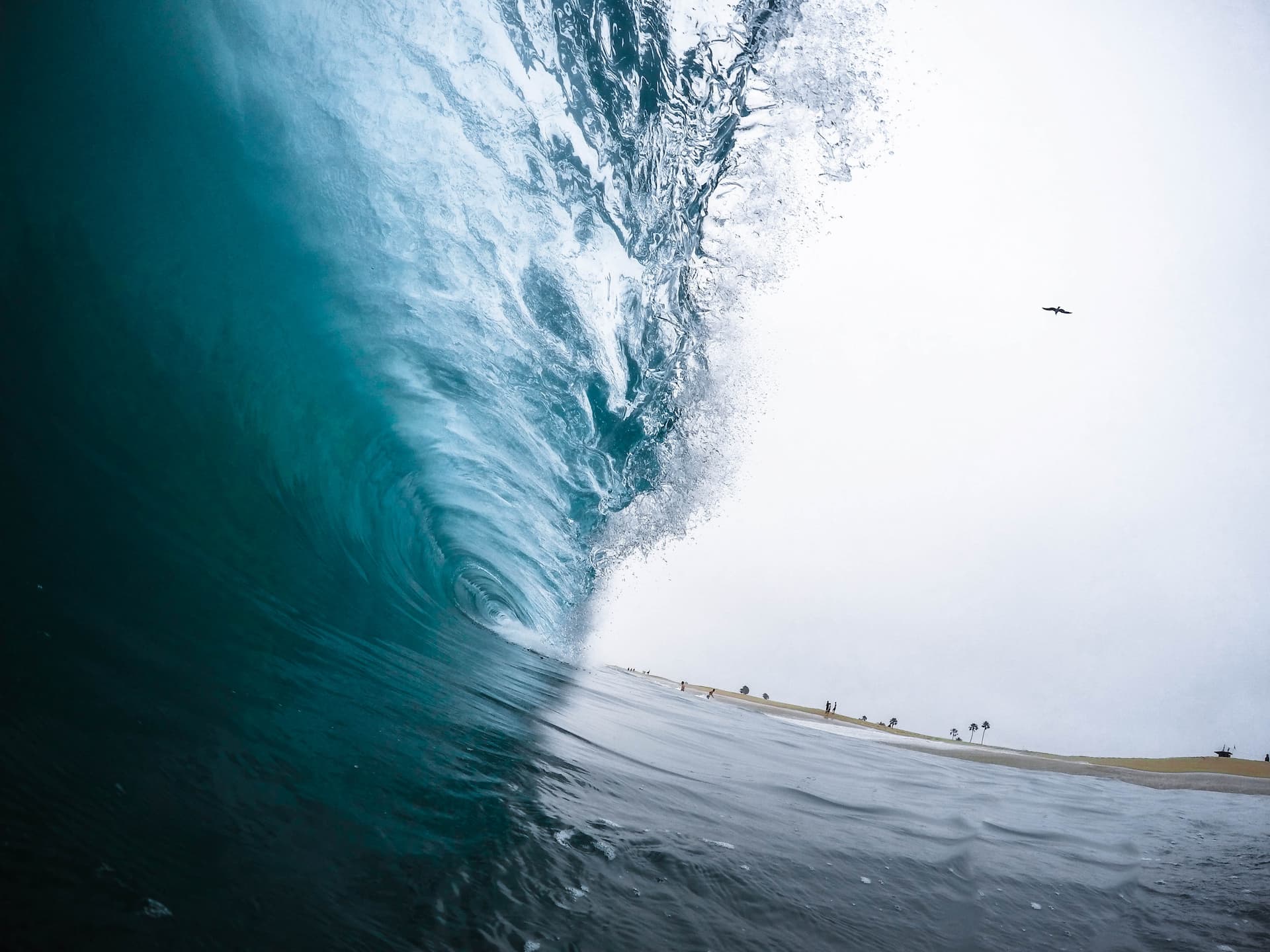Why do surfers surf so early?
Why do surfers surf so early?
Surfing early in the morning is not just a preference, but it is backed by science. The ocean is usually at its calmest and most consistent during the early hours of the day. At this time, the winds are light, and the water is usually glassy, making it perfect for surfing.
Moreover, during the early hours of the day, the tide is usually low, creating a more predictable and consistent break, allowing surfers to catch longer rides. The water temperature is also warmer in the morning, making it more comfortable for surfers to stay in the water for a longer time.
Additionally, surfing early in the morning has other benefits, including avoiding the crowds that usually form later in the day. This can lead to a more peaceful and enjoyable surfing experience for surfers who prefer fewer people around them.
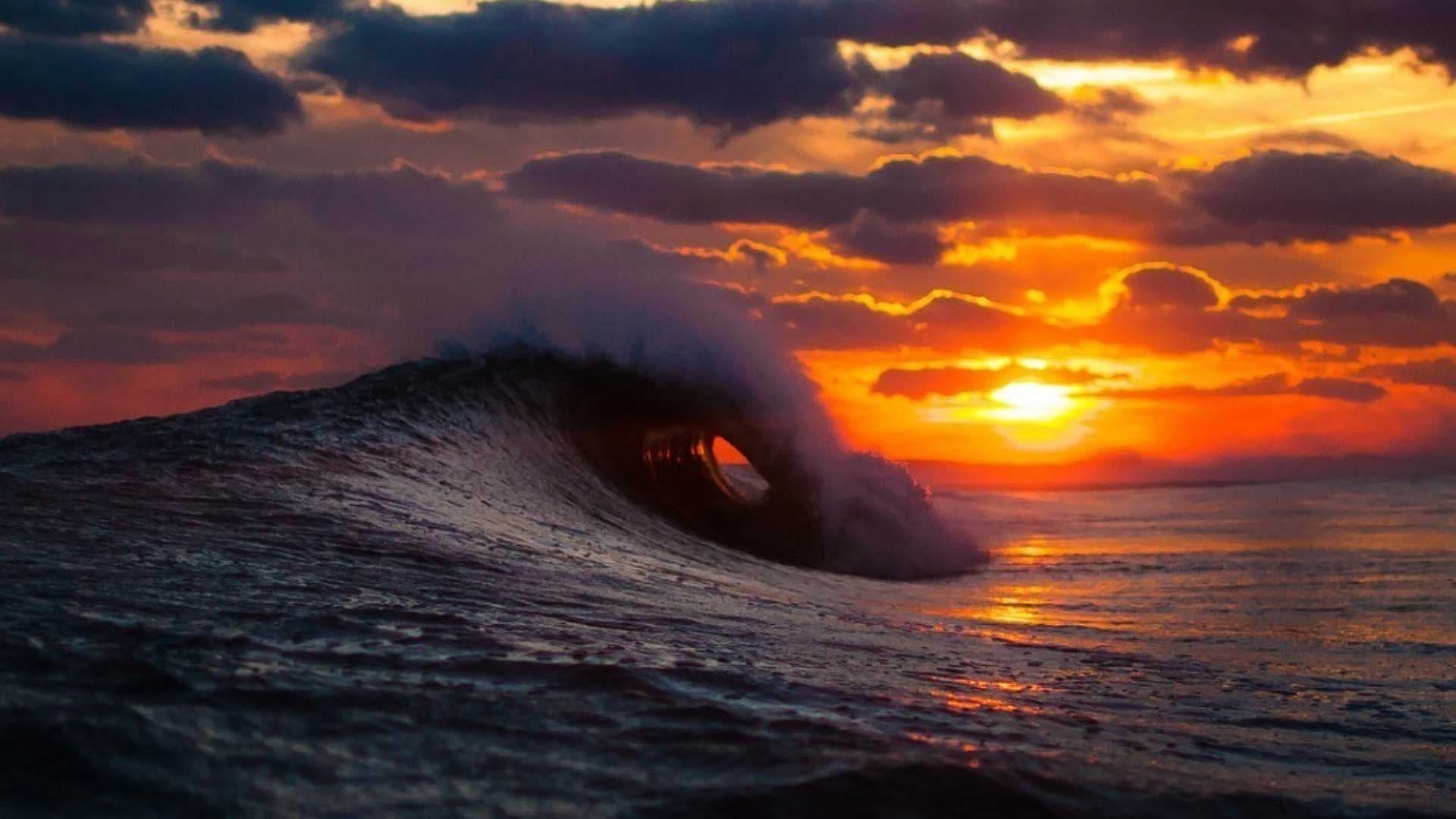
Why do surfers surf so early?
This is a question that many people ask themselves before taking up the sport. Surfing is a thrilling and challenging activity that can be enjoyed by people of all ages and abilities. However, like any other sport, it requires time, patience, and dedication to master. In this article, we'll explore what it takes to learn how to surf and how you can make the process easier.
The first step to learning how to surf is to choose the right board. Surfboards come in many shapes and sizes, and it's important to choose one that's suitable for your level of experience. Beginners should start with a longboard, which is easier to balance and paddle than a shortboard. It's also a good idea to take a few lessons from a qualified surf instructor. A good instructor can teach you the basics of paddling, catching waves, and standing up on the board.
Learning how to surf can be a challenging but rewarding experience. By choosing the right board, engaging in regular exercise, and approaching the sport with a positive attitude, you can improve your surfing ability and enjoy the thrill of riding waves. Remember to respect the other surfers in the lineup and to follow surfing etiquette. With time and dedication, you'll be able to master this exhilarating sport and experience the joy of surfing.
Is it OK to surf alone?
At some point, every surfer has had to answer this question. Surfing alone can be an exhilarating experience, allowing you to truly connect with the ocean and the waves. However, it can also be risky, as you are without the support and safety of a buddy. So, is it OK to surf alone?
The short answer is, it depends. There are several factors to consider before deciding whether to hit the waves solo. We will explore the pros and cons of surfing alone, as well as some safety tips to keep in mind.
One of the biggest benefits of surfing alone is the sense of freedom and independence it provides. You are free to paddle out whenever you want, catch any wave you please, and stay in the water for as long as you like. There is no one to hold you back or slow you down.
Of course, surfing alone also comes with some risks. Perhaps the most obvious is the fact that you do not have a buddy to watch your back. If you get into trouble in the water, there is no one to help you out.
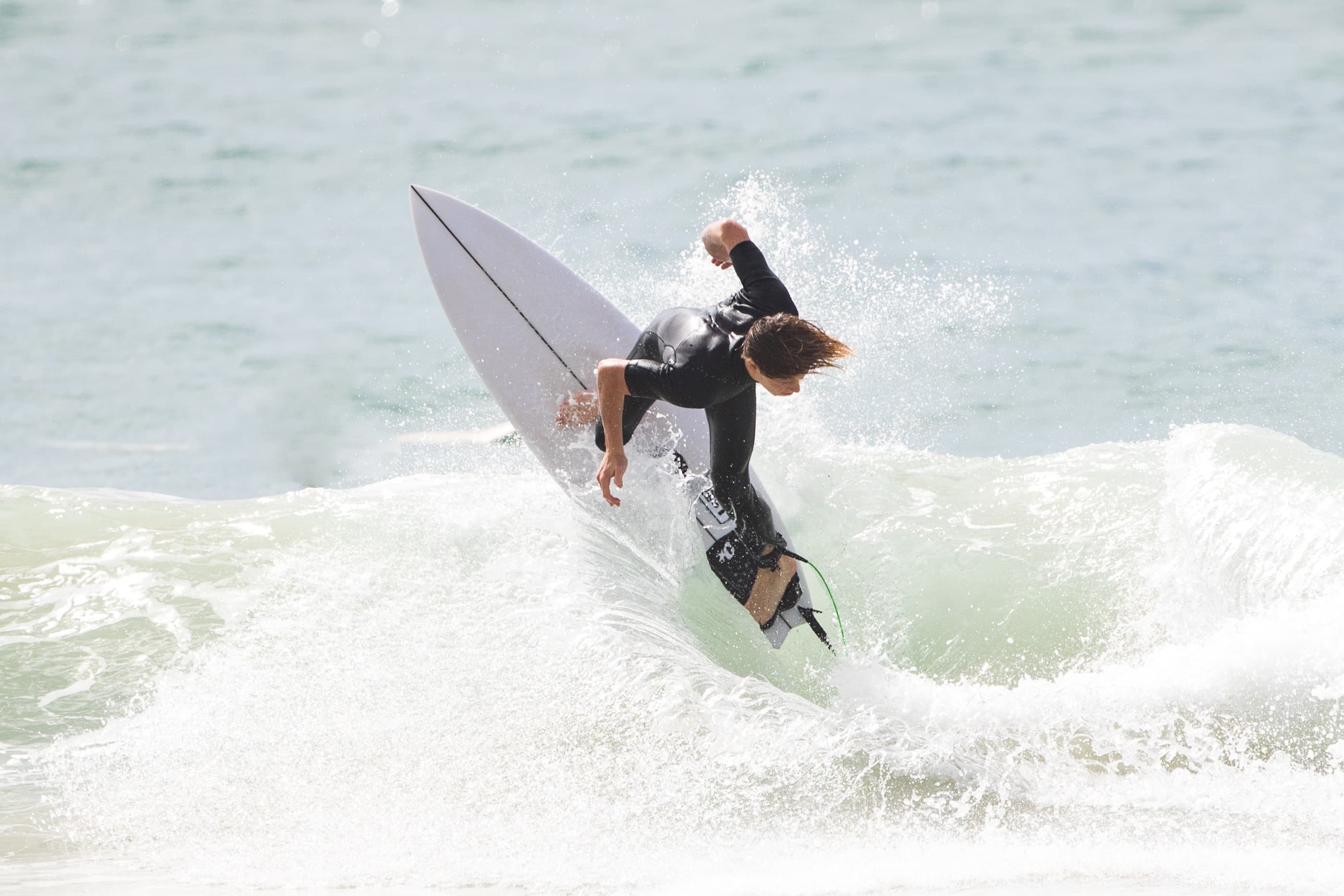
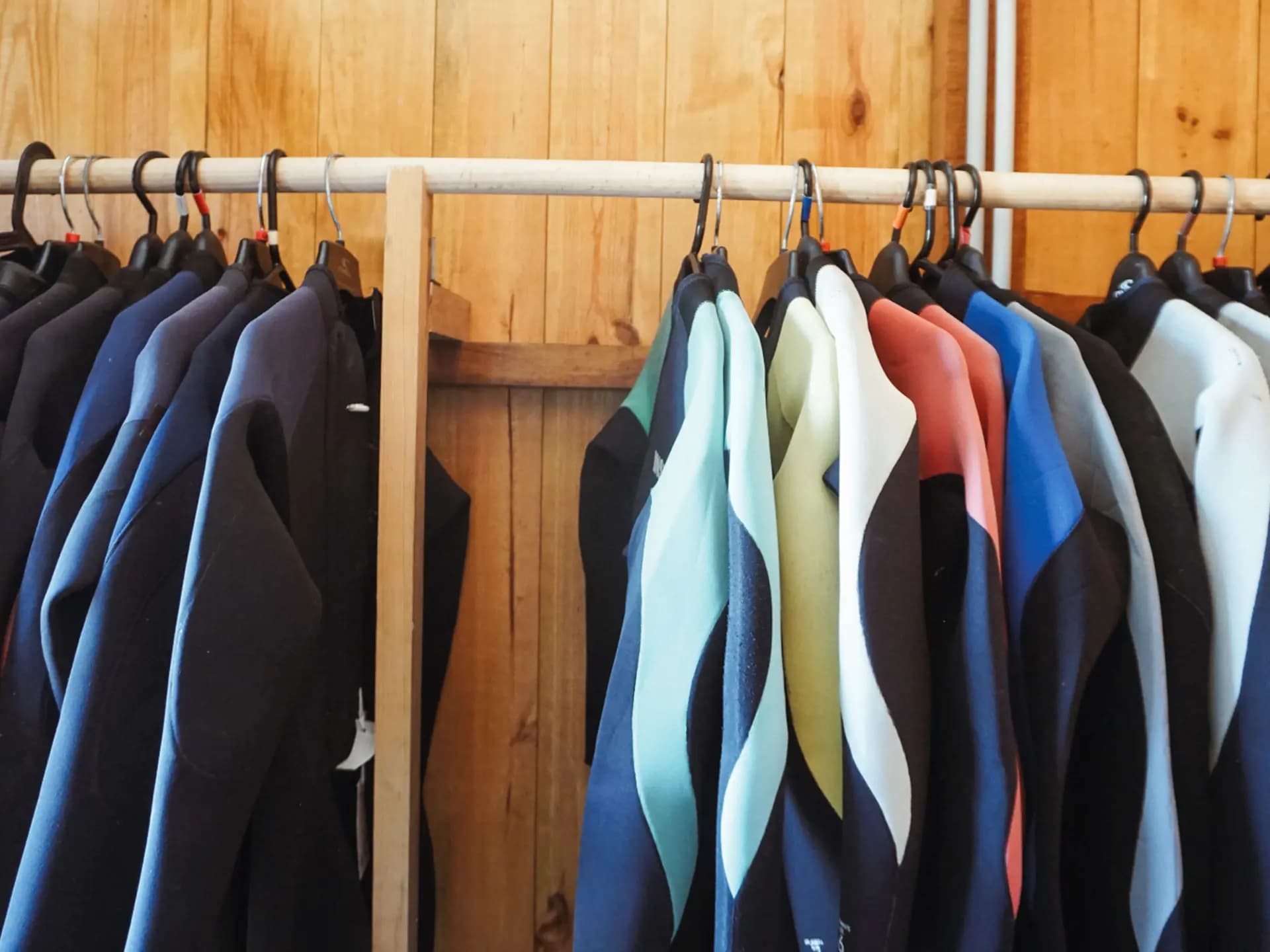
Do you have to wear a wetsuit when surfing?
This is a common question that many beginners ask before hitting the waves. The answer, however, is not a simple one. It depends on various factors such as water temperature, personal preference, and surfing location.
Wearing a wetsuit when surfing is essential for staying warm, protected, and buoyant. There are different types of wetsuits available, and choosing the right one depends on various factors such as water temperature and personal preference. By following tips for taking care of your wetsuit, you can ensure that it lasts for many surfing sessions to come.
Surf LessonsCan you learn to surf in a day?
Are you a thrill-seeker looking for your next adventure? Do you want to experience the rush of catching a wave and riding it to shore? If so, then learning to surf may be just the activity for you! But can you really learn to surf in a day? The answer is yes, but with some important caveats.
At first glance, surfing may seem like a daunting and challenging activity that takes years to master. However, with the right instruction and a positive attitude, you can learn the basics of surfing in just one day.
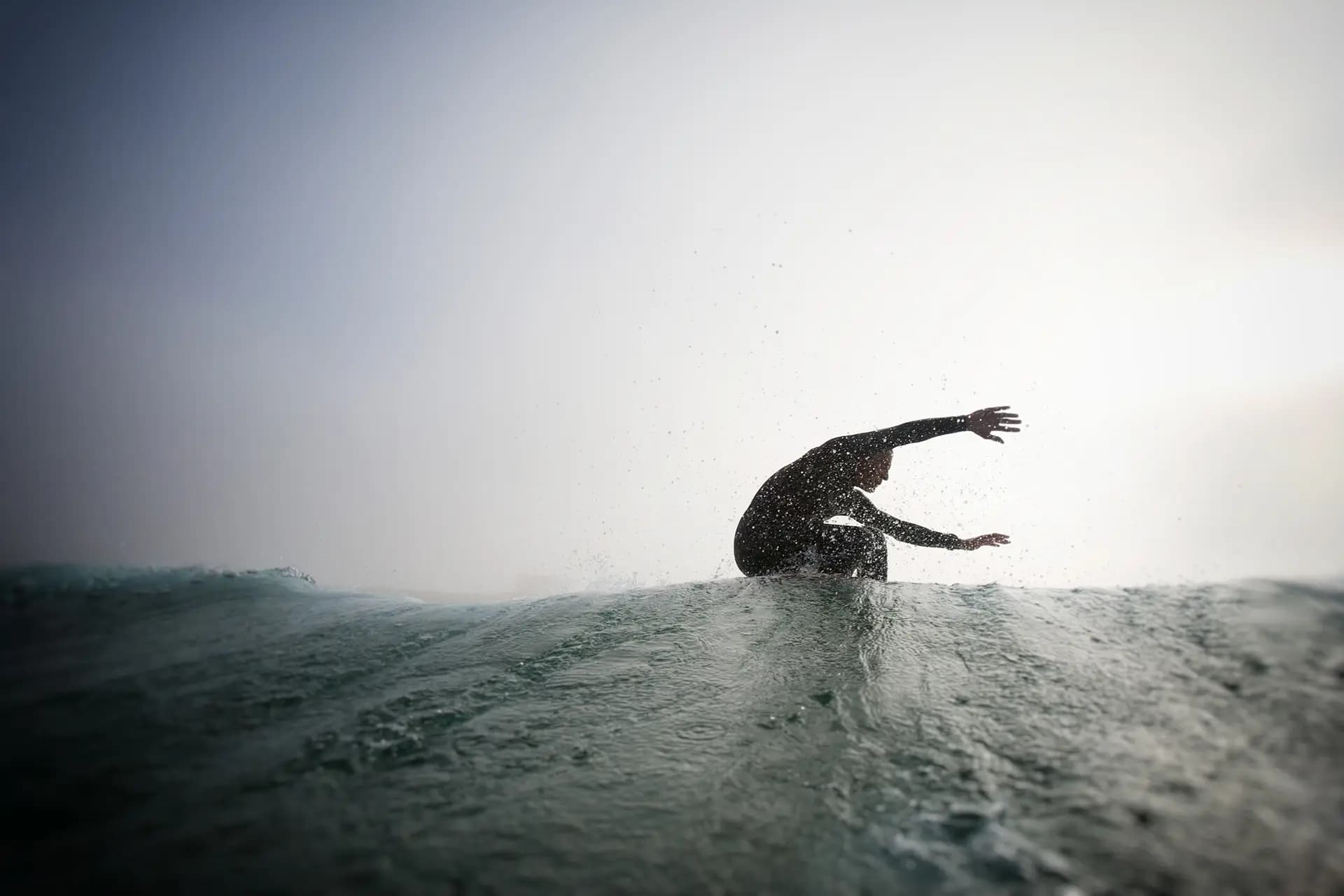
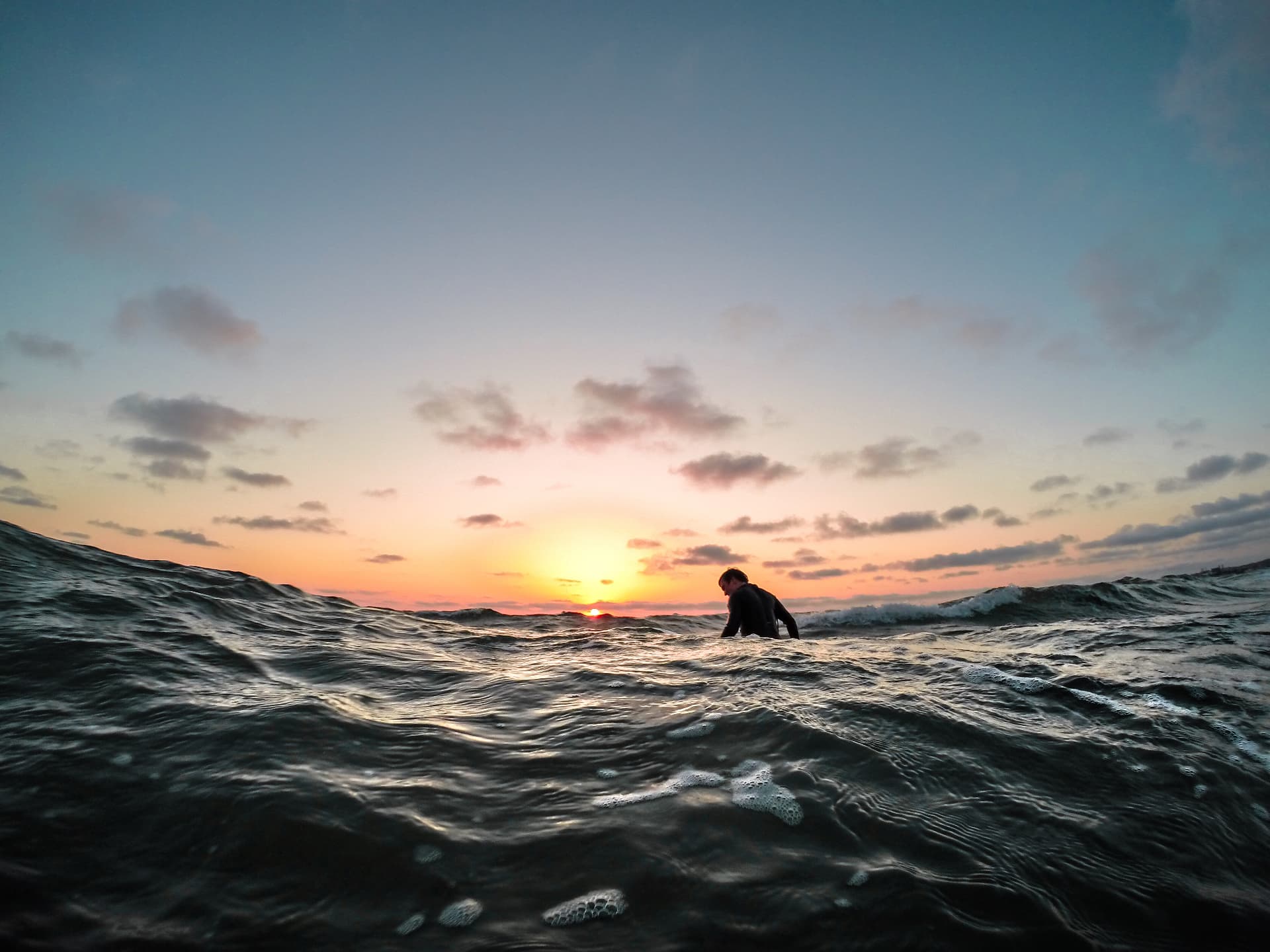
Is surfing painful?
If you're new to surfing, or you've never tried it before, you might be wondering if surfing is painful. The answer is not a simple "yes" or "no". Surfing can be painful if you don't know how to do it properly, or if you don't take the necessary precautions to protect yourself. However, with the right knowledge and equipment, surfing can be a painless and enjoyable experience.
Don't let the fear of pain prevent you from experiencing the thrill of surfing. Read our blog post and learn how to make your surfing experience as painless as possible.
What are the negative effects of surfing?
Surfing is a beloved pastime for many people around the world. The feeling of catching a wave and riding it to shore is exhilarating, and the sport has become a symbol of freedom and adventure. However, while there are many positive aspects of surfing, there are also negative effects that should not be overlooked.
One of the most obvious negative effects of surfing is the risk of injury. The ocean is a powerful force, and even experienced surfers can be injured by waves or the ocean floor. From broken bones to concussions, surfing can be a dangerous sport. This is especially true for those who surf in rough or crowded conditions, where collisions with other surfers are more likely.
While surfing is an exciting and enjoyable sport, it's important to be aware of the negative effects it can have. From physical injury to mental health issues and environmental damage, there are risks associated with surfing that should not be ignored. By taking steps to minimize these risks and practicing responsible surfing, we can continue to enjoy the sport while also protecting ourselves and our planet.
